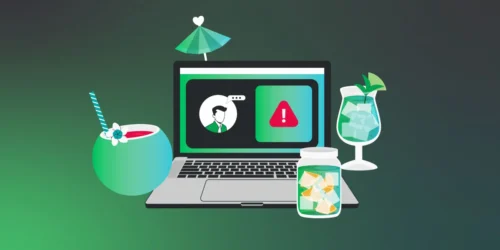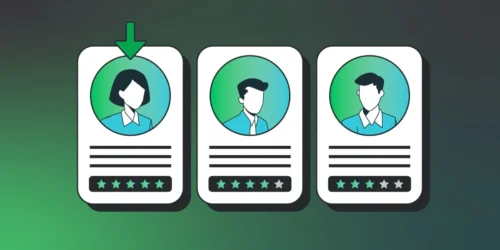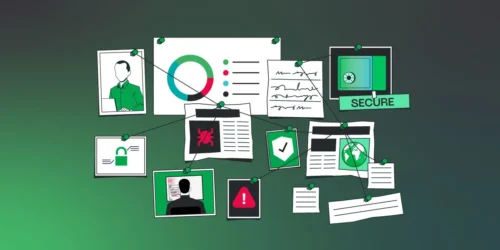How to protect your personal data?
November, 14, 2022
3 minutes read
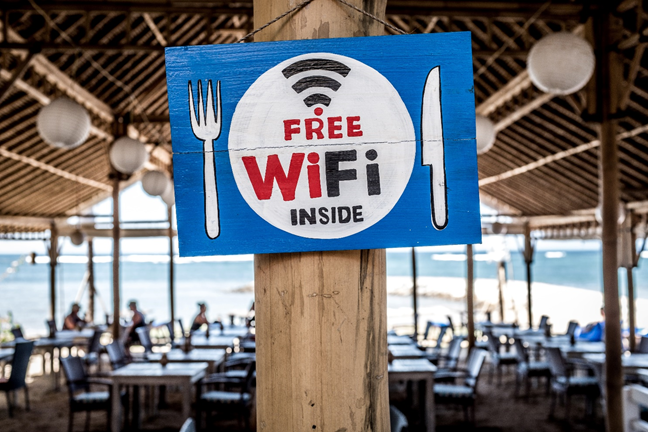
Nowadays, most people are working from home and their computers. This elevates their risk when encountered with possible cyberattacks. For example, the simple fact of connecting to the public WiFi when going to work in a café or co-working space could expose us to a hack that could compromise the sensitive information on our computers.
If you are still not very clear about what cybersecurity is and how personal data protection works, we have developed the main points you should know about these issues throughout this article.
Download the complete recommendations here
1. Avoid connecting to Public WIFI Networks
While many establishments offer free Wi-Fi, we don’t know what security measures they have in place. To protect your data, do not trust public networks and if you are forced to use them, avoid making transactions or shopping online, as well as work activities.
2. Manage your passwords
We know that sometimes it is difficult to remember your usernames and passwords for the different platforms you use, but by allowing your browser to memorize them, you could be putting your data at risk. We recommend using a password manager platform, so you no longer have to memorize them.
3. Choose strong passwords
A strong password will prevent the theft of your data. Don’t use the same password for every account; avoid choosing birth dates, anniversaries, or names of loved ones. A strong password should be at least 12 characters long and include uppercase and lowercase letters, symbols, and numbers. We recommend changing your passwords at least every six months.
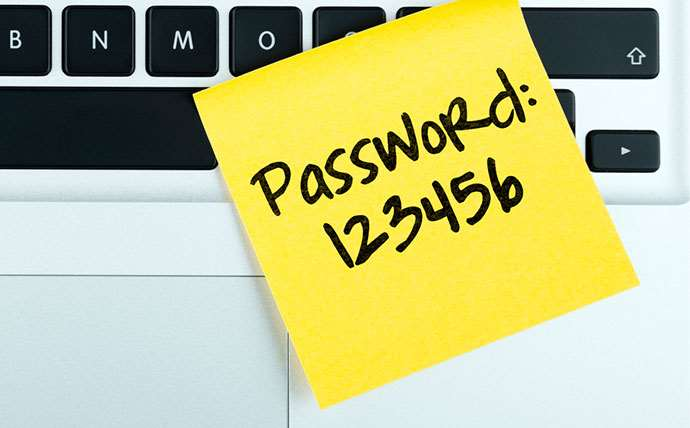
4. Use the internet safely
Before entering your information or downloading any file, verify that the URL begins with HTTPS. This means that it has the Secure Sockets Layer (SSL) protocol, this protocol indicates that the data you share will travel over an encrypted channel.
5. Keep your devices updated
Remember that updates fix cybersecurity flaws in previous versions therefore, it’s important that you install all systems’ or programs’ updates on your devices.
6. Be careful with the instant messaging apps you use
We know that instant messaging applications are our primary means of communication. However, it is important that the messages you send are encrypted, so that, even if someone could intercept them, they would not be able to understand them. To protect your data, use apps that offer end to end encryption, such as Telegram, Signal, or Wire
7. Use different devices for work and personal data
It is best to keep personal and professional data and devices separate. Avoid using your computer or any other work device for personal matters.
8. Use a Virtual Private Network (VPN)
To protect your data, it is advisable to use a Virtual Private Network (VPN) on all your devices. This way you can connect to the internet through this network instead of connecting directly to your modem or router.
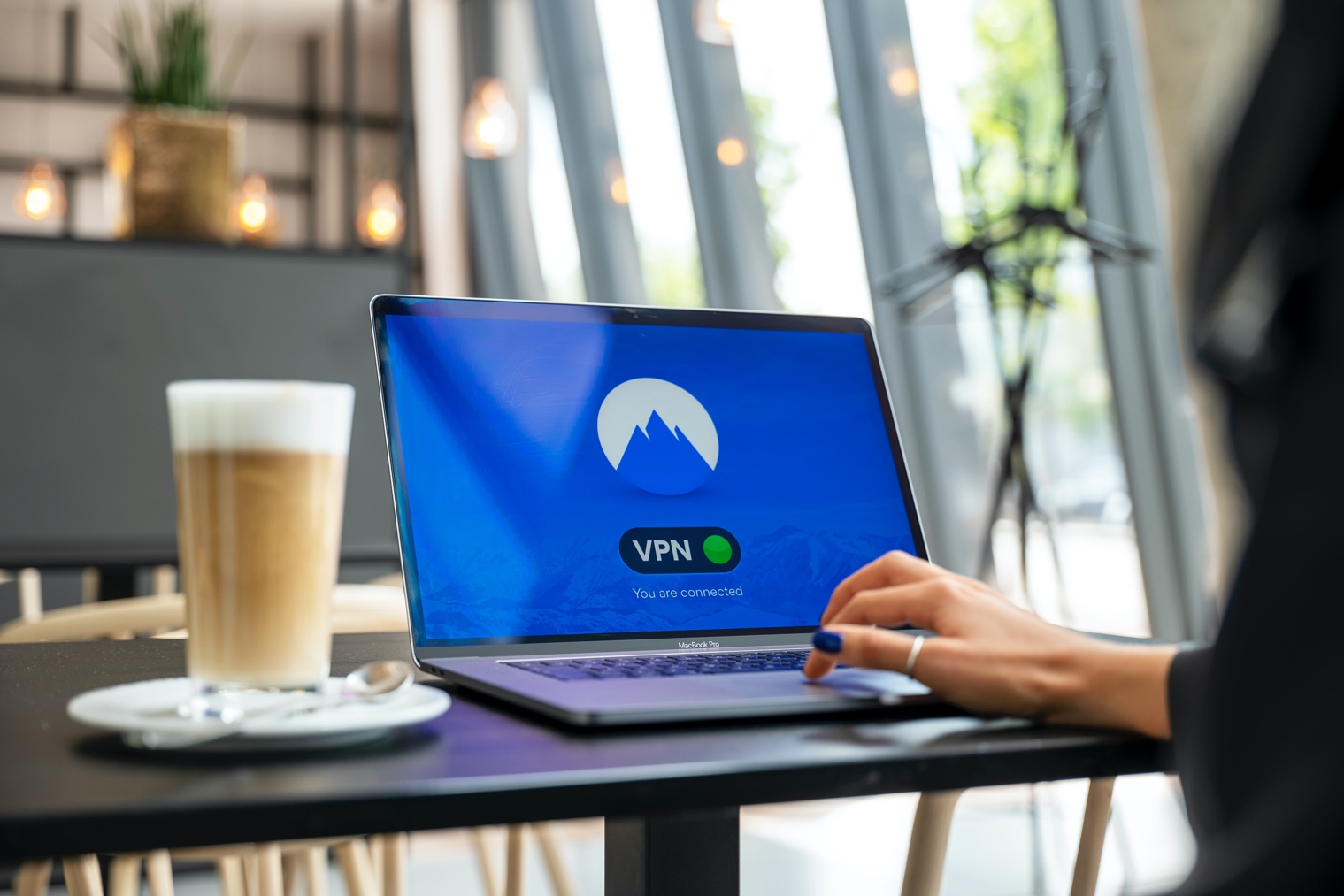
9. Do not store personal data on your devices or browser
When you’re done using your browser, we recommend that you make sure to log out and clear your browser’s cache and browsing history. This decreases the chance of others accessing your data.
10. Be aware of phishing campaigns
Phishing is a social engineering attack, through which emails or messages are sent with elements to make them look legit and obtain our data, such as name, card numbers, or passwords. We recommend you check the elements that make up the email, do not download any files, or click on links that look suspicious.
Download the complete recommendations here


